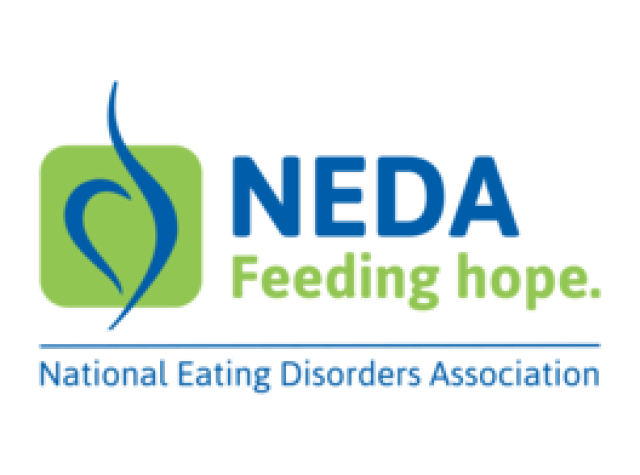DOUGLAS COUNTY, Mo. – National Eating Disorders Awareness Week (EDAW) — from Monday, Feb. 26 to Sunday, March 3, 2024 — seeks to educate, raise awareness about and bring hope to people with eating disorders and disordered eating.
“Eating disorders are confusing and complex…[and] it is common for families to not know what is wrong,” as every person and every eating disorder is different, says Annie Seal, chair of the Missouri Eating Disorders Council. They are underreported due to stigma and lack of knowledge. Symptoms can seem random and may indicate other health conditions.
Eating disorders, though more common in adolescents and young females, are serious but treatable mental and physical illnesses that can affect people of all genders, ages, races, religions, ethnicities, sexual orientations, body shapes, and weights, according to the National Eating Disorders Association (NEDA). An estimated 1 in 12 Americans have eating disorders.
Some signs and symptoms include withdrawing from others, preoccupation with food and weight, refusing to eat in front of other people, sleeping problems, declining performance at school or work, difficulty concentrating, extreme mood swings, dizziness, often feeling cold, or noticeable fluctuations in weight.
Other signs include acid reflux, menstrual irregularities, dental issues, dry skin and hair, muscle weakness, making excuses to avoid meals, poor wound healing, making negative comments about one's appearance or frequent illness due to impaired immune system functioning.
People with disordered eating exhibit many of the same signs and symptoms; however, disordered eating does not meet the duration, frequency, or psychological criteria for an eating disorder diagnosis.
People with such symptoms need to seek treatment from a medical and/or psychological professional. Early detection and accurate diagnosis lead to intervention.
Treatment may include a combination of psychotherapy, nutritional counseling, support groups, medical monitoring, and medication in a variety of settings. Treatment is most effective and efficient in the early stages of the disorder, but even people with chronic disorders can recover.
As a health professional, do you screen your patients for eating disorders or disordered eating?
Qualifying professionals can learn more about eating disorder prevention and treatment, through the Missouri TeleHealth Network’s “Disordered Eating and Eating Disorders” ECHO (Extension for Community Healthcare Outcomes). This ECHO provides free continuing education on the first and third Tuesdays of the month from 12 to 1 p.m.
EDAW is also a great time to explore eating disorder screening tools. After completing a short survey, patients can see their results, which will indicate if they have unhealthy eating behaviors and if they need to seek assistance from a healthcare professional. Links to eating disorder screening tools are included below.

